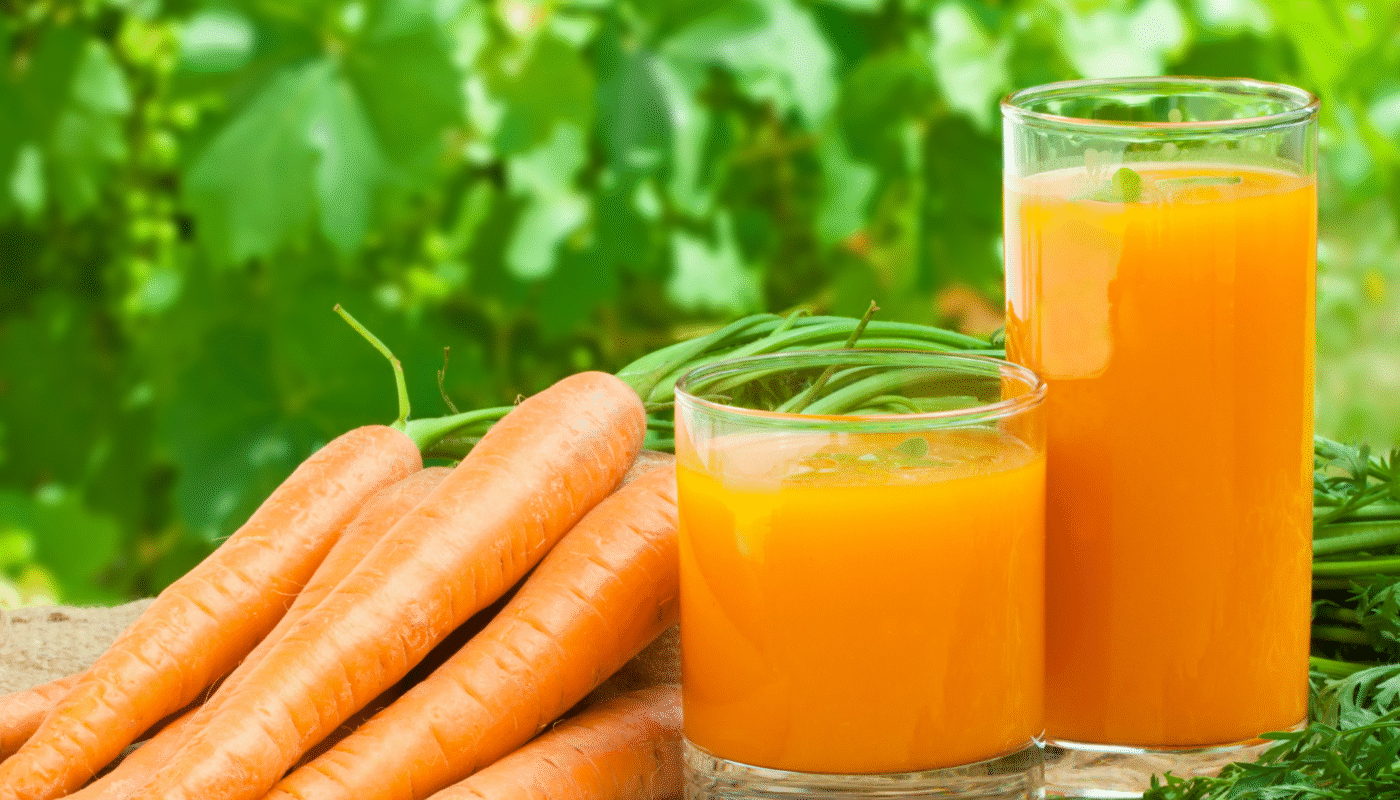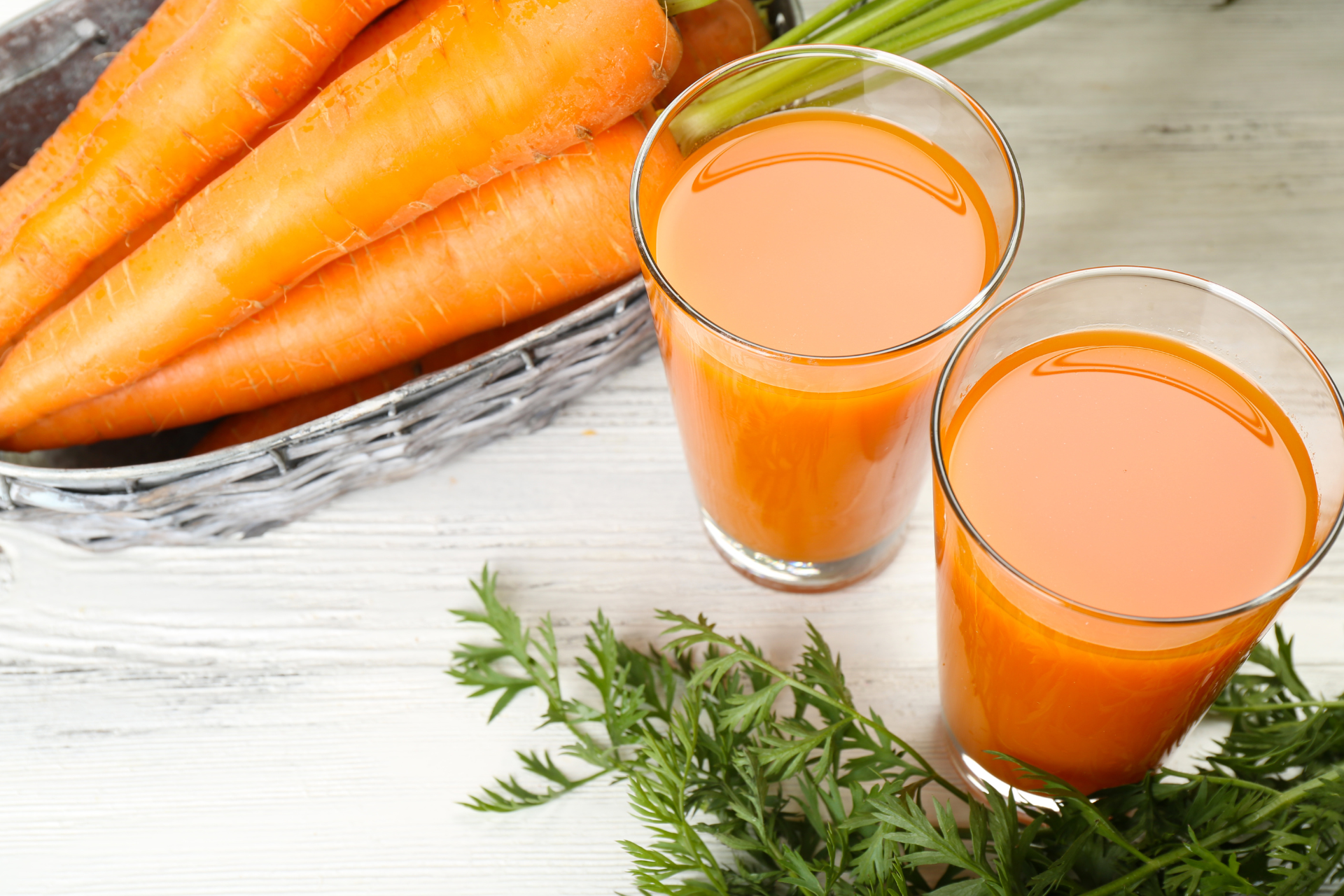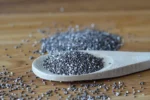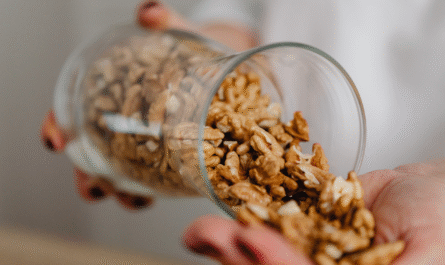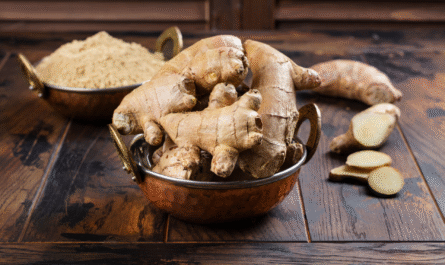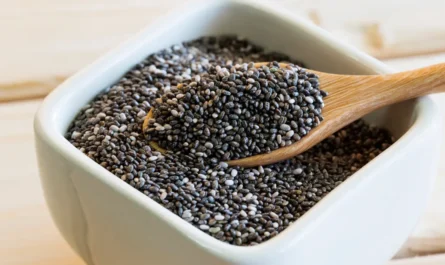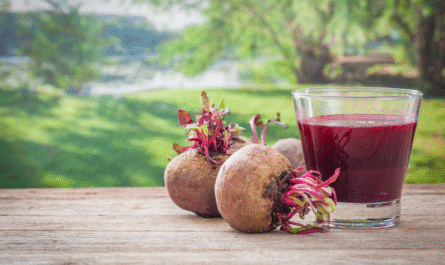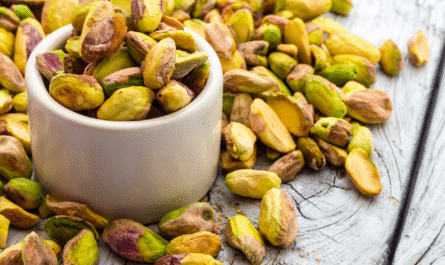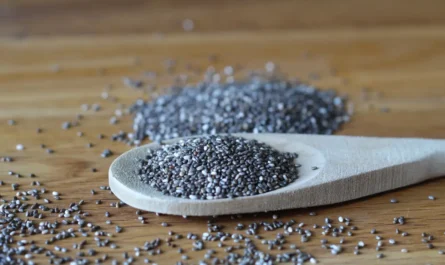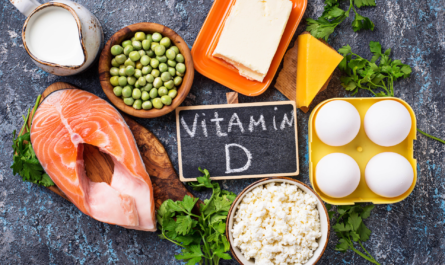I’ve been recommending carrots in all forms for years, but there’s something particularly potent about carrot juice. It’s not just a colorful, sweet, and earthy drink; it’s a concentrated source of essential nutrients that can support nearly every system in the body.
From immune strength to heart health, from glowing skin to improved vision, carrot juice earns its reputation as a wellness booster. But how does it really stack up to eating whole carrots? And when should one form be prioritized over the other?
Let’s break down what makes carrot juice such a standout and how to integrate it intelligently into a balanced diet.
Is Carrot Juice Nutritious?
When I juice carrots, I’m essentially extracting their most potent nutrients into a glass. Carrot juice delivers a concentrated dose of vitamin A (from beta-carotene), vitamin C, potassium, and several powerful antioxidants, without the bulk of fiber that whole carrots contain. This makes it easier for the body to absorb certain nutrients quickly and efficiently.
Beta-carotene, which gives carrots their iconic orange hue, is a standout antioxidant. In the body, it’s converted into vitamin A, a nutrient crucial for everything from immune function to cell regeneration.
Carrot juice allows for greater bioavailability of beta-carotene than raw carrots, especially when paired with a small amount of healthy fat (like a splash of flaxseed oil or avocado blended in). That’s one of the practical reasons I often recommend juicing when someone needs a quick nutrient boost.
Of course, nutrient density also means you’re getting a more calorically concentrated form of the vegetable. A glass of carrot juice may contain 3 to 5 carrots’ worth of natural sugars and calories, something to be mindful of, especially for those managing blood sugar. But the payoff in terms of micronutrient intake is often well worth it when used strategically.
Also Read: 9 Health Benefits of Beetroots According to Experts
Immunity
Whenever someone asks me how to naturally support immune health, I almost always bring up carrot juice. It’s rich in vitamin C, which protects immune cells from oxidative stress, and vitamin A, which plays a central role in maintaining the integrity of the mucosal linings in our lungs, gut, and nasal passages. These barriers are your first defense against pathogens, and without enough vitamin A, they weaken.
Vitamin A also stimulates the production and function of white blood cells, especially T-cells and B-cells, which are essential for detecting and eliminating harmful invaders. I think of it as fortifying your internal alarm system. The more efficiently your body detects threats, the faster it can mount a defense.
Vitamin C, on the other hand, plays dual roles. Not only does it stimulate the production of interferons and cytokines, but it also helps with collagen synthesis, which reinforces skin structure and wound healing. That means fewer chances for infections to enter and a stronger repair mechanism if they do.
Vision and Eye Health
It’s no myth, carrots are good for your eyes. And carrot juice takes that benefit up a notch. I often recommend it to clients who are looking to support their night vision, reduce eye strain, or prevent age-related vision decline.
The reason? The high beta-carotene content. Once converted into vitamin A, beta-carotene helps produce rhodopsin, a pigment in the retina that’s critical for seeing in low light. If your vitamin A stores are low, night blindness or dry eyes can develop, two issues I’ve seen resolved in some clients by simply upping their intake of carrot juice or vitamin A-rich foods.
Carrot juice also contains lutein and zeaxanthin, carotenoids that accumulate in the retina and help protect it from blue light and oxidative stress, both of which are major culprits in long-term vision damage. So while it won’t fix poor eyesight or eliminate the need for glasses, it’s a proactive step in preserving visual health.
Cardiovascular Support
As a nutritionist, heart health is one of the pillars I focus on, and carrot juice fits beautifully into a heart-healthy lifestyle. It’s a good source of potassium, which helps relax blood vessel walls and lower blood pressure. This mineral also plays a key role in regulating heart rhythm, something I consider vital for anyone with a history of palpitations or arrhythmias.
Then there’s the nitrate content. Carrots naturally contain nitrates that the body converts into nitric oxide, a compound that widens blood vessels, increases circulation, and improves oxygen delivery. This isn’t just theoretical; I’ve seen clients with borderline hypertension see measurable improvements after incorporating vegetable juices, including carrot, into their diets.
Let’s not forget the antioxidant power of beta-carotene. Chronic inflammation and oxidative stress are foundational drivers of heart disease. Antioxidants like beta-carotene combat these issues at the cellular level, reducing the risk of plaque buildup, arterial stiffness, and poor circulation.
Skin Health and Glow from Within
If there’s one thing that carrot juice consistently delivers, it’s a glow. And no, I’m not just talking about the slight orange tint you might get from overdoing it (which is harmless, by the way). I mean real improvements in skin clarity, hydration, and resilience.
Beta-carotene acts as an internal SPF by helping protect skin cells from UV damage. I’ve seen carrot juice help reduce the frequency of breakouts in clients with acne-prone skin, and its vitamin C content supports collagen synthesis, which improves elasticity and slows signs of aging.
Additionally, the hydration factor is key. Carrot juice is over 85% water and contains electrolytes like potassium and sodium. This helps maintain the skin’s moisture barrier and supports detoxification through the kidneys. Healthy hydration levels from within are often more effective than any topical cream.
Carrot Juice vs. Whole Carrots
Here’s where things get nuanced. I don’t think of carrot juice and whole carrots as competing options. They’re complementary. Each brings something unique to the table.
Whole carrots are fiber-rich, especially in insoluble fiber, which is essential for gut health, blood sugar regulation, and long-term satiety. If someone’s trying to lose weight or manage insulin sensitivity, whole carrots are a better daily go-to. Plus, the physical act of chewing plays a role in slowing down meals and improving fullness cues.
Carrot juice, on the other hand, is ideal for nutrient loading. It’s perfect for people who struggle with appetite, are recovering from illness, or have increased nutrient needs. The trade-off is the lack of fiber and the increased sugar density, even though it’s natural sugar, it still causes a sharper blood sugar spike. For most people, I recommend treating carrot juice as a supplemental food, not a replacement.
How to Make It Work for You
When it comes to drinking carrot juice, the key is balance. I suggest limiting your intake to about 4 to 8 ounces per serving and pairing it with fat or protein to slow sugar absorption. A handful of nuts or a boiled egg works well. If you’re blending it yourself, consider adding ginger, lemon, or turmeric for added anti-inflammatory benefits.
You can also mix carrot juice into smoothies or soups, or freeze it into cubes to add to sauces and broths. One of my favorite combinations is carrot, celery, apple, lemon, and a pinch of cayenne. It’s vibrant, energizing, and packed with layers of flavor.
Above all, quality matters. Commercial carrot juices often contain added sugars or preservatives. I always recommend making it fresh at home if possible, using organic carrots when you can. That way, you control the quality, potency, and flavor.
Final Thoughts
Carrot juice is more than just a colorful drink; it’s a tool. Used wisely, it supports immunity, heart health, vision, hydration, and skin. But it’s not magic. It works best when integrated into a thoughtful, nutrient-rich diet. Whole carrots and carrot juice serve different purposes, and both can earn a regular spot in your routine.
I drink carrot juice when I want to nourish, not just hydrate. I eat whole carrots when I want to fuel and feel full. Knowing the difference is the key to getting the most out of this humble, powerful root.
FAQs
Morning is ideal. Drinking it on an empty stomach improves nutrient absorption, especially of fat-soluble vitamins like A. But if you’re sensitive to sugar spikes, pair it with a small fat or protein source. Light cooking can increase the bioavailability of beta-carotene. However, excessive boiling can leach out water-soluble vitamins like C. Steaming or roasting lightly is a good compromise. With caution. Carrot juice has a higher glycemic load than whole carrots. If you have diabetes or insulin resistance, keep servings small (under 4 oz), and don’t drink it alone. Always monitor blood sugar response. Homemade carrot juice is best consumed within 24 to 48 hours. Store it in an airtight glass container and refrigerate immediately. After that, nutrient loss and oxidation significantly reduce its benefits. What’s the best time of day to drink carrot juice?
Does cooking carrots reduce their nutrient content?
Can diabetics drink carrot juice?
How long does fresh carrot juice last in the fridge?

